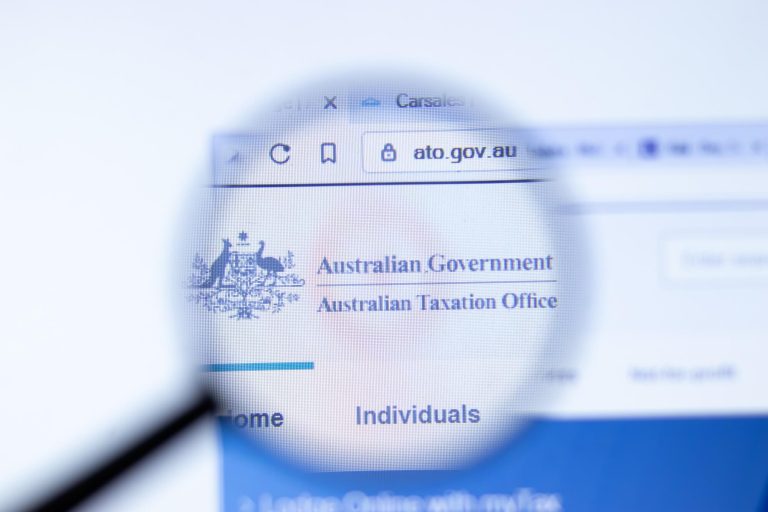Professional services put under the microscope by ATO

The ATO has indicated that it is prepared to investigate professional service businesses who transfer earnings to avoid taxes
Two recent cases brought to the Administrative Appeals Tribunal demonstrate the Australian Taxation Office’s (ATO) dedication to ensuring that professional service businesses (such as architect, engineering, consulting, and law firms) are taxed under their guidelines.
The ATO followed the procedures in both cases by employing Part IVA. Part IVA of income tax legislation permits the Tax Commissioner to dispute schemes or arrangements formed with the goal of obtaining a tax advantage, allowing the scheme’s benefit to be cancelled.
In other words, even if an organisation builds a legally solid structure, if its only goal is to avoid tax duties, the Commissioner may use Part IVA to cancel the tax benefit. Furthermore, if Part IVA applies, you may face extra tax responsibility as well as an administrative penalty equivalent to 25% or 50% of the tax shortage.
In general, the instances included an attorney who had control over many practice trusts that produced revenue via marketing and assisted tax planning strategies.
The practice trusts ensured that their business profits were not taxed by essentially making trust distributions on paper through a series of trusts and eventually to either a company with existing tax losses or a tax-exempt entity, despite the fact that the arrangement in each case was complex and involved a large number of steps. The real money linked with the trust distribution, less the fee paid for the use of these businesses, were eventually loaned to the solicitor or their related corporations.
The ATO has long been concerned about how professional practices distribute their profits. The ATO concluded its advice on profit distribution from professional businesses in 2021, which included a series of gateway tests and risk assessments. Nonetheless, these two cases demonstrate the ATO’s willingness to battle the issue in court by using the Commissioner’s jurisdiction under Part IVA.
It is vital for professional services businesses to be aware of the different channels via which the ATO may possibly challenge agreements governing the division of revenues earned by a professional practice.
For example, the ATO has expectations for how earnings from personal services should be assessed to the commercial company. These expectations are for money that is largely generated from the abilities and efforts of the person doing the task.
In the case where a trading entity earns income from a business structure that includes a professional practice rather than personal services income, the ATO has developed a compliance strategy for dealing with arrangements that do not subject individual practitioners to taxation on a reasonable profit.
When a trust distributes paper to loss businesses with the goal of “soaking up” deductions or losses, it is essential to examine the integrity criteria contained in section 100A, another closely studied area of tax law.
If you have any questions or concerns in this area, please give us a call on (02) 9957 4033.